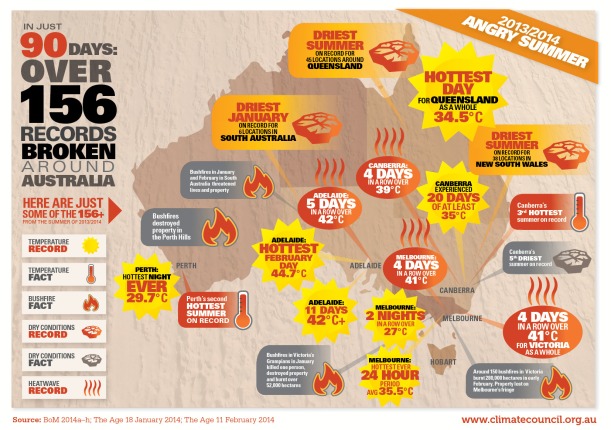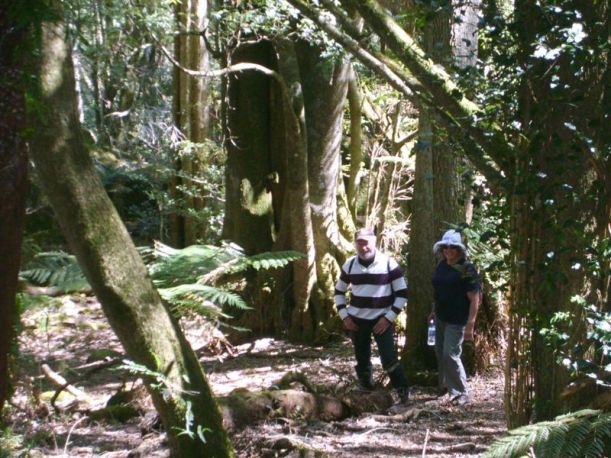The eighth week of the “Climate Change, Challenges and Solutions” MOOC has come to a close and for me it has been a really worthwhile experience. In the final week we approached the question “Is the future of the climate still in our hands?” Very clearly it is within our reach to either maintain the current path of high, and growing, CO2 emissions or to change our direction.
If we choose not to change the way that we create power by burning fossil fuels, if we persist with a culture based on a dig it up, use it and throw it out philosophy then our outlook is very poor indeed. Travelling that path, by the year 2100, atmospheric CO2 will have reached levels that exceed 1000ppm and will possibly be as high as 1500ppm. This will mean that the average world temperatures will perhaps be 6degC warmer than today. It would take one million years for the earth’s natural weathering systems to remove this amount of CO2 from the atmosphere.
Travelling this path will mean more violent weather events, more floods, heat waves, wildfires and droughts. I doubt that our current flawed economic and social system will survive these shocks but if it did survive we would then be facing a slow but inevitable rise in sea level as the Greenland and Antarctic Ice Sheets melt, an unstoppable increase that will raise sea levels by up to 70 meters. CO2 persists in the atmosphere for a long long time and this is one reason why we know that the timelines for reducing our emissions are critical.
There is an alternative.
The current trajectory will see us locked into rising emissions, higher temperatures and long term devastation but we can change this outcome and still make a measured transition to a new way of living. If we base our future on fairness, sustainability and equity we could actually use this crisis to embrace change. Science has given us the tools and the all the information that we need to move to a sustainable and resilient world, only vested interests and politicians stand in the way. We can change the politicians and now even some of the vested interests are beginning to recognise that they too need a sustainable world order.
Clearly we must price pollution at a rate that is proportional to the damage caused to the ecosystem, the economy, the society and the individual. We probably need to support sunrise industries that will help to cut pollution, industries like wind and solar power and of course we must stop burning fossil fuels. These critical first steps need to be taken in the near future so that we can start to reduce our emissions during this decade, meet or preferably exceed the undertaking we made to reduce our emissions.
Once we have started along this path we can turn our minds to finding effective ways to draw down atmospheric CO2. Maybe carbon capture and storage will finally become a viable option, although I doubt if it will ever be a cheap one. Leaving forests standing is a very good way of locking up carbon for hundreds of years and the amount of carbon stored continues to increase throughout the life of the trees. Tackling our throw away society and demanding that industries find a use for all their waste products so that instead of a linear system of constant through-put we have a circular system that minimises new resource input and virtually eliminates waste.
Bearing in mind that true sustainability also requires equity to be successful, wealthy nations like ours should be prepared to help disadvantaged nations to move directly to a clean renewable energy supply skipping the dirty coal fired power that destroys the climate. They may be more successful than we are, because the large vested interests that are keeping fossil fuels alive and preventing the development of distributed power are not in such a powerful position as they are here.



